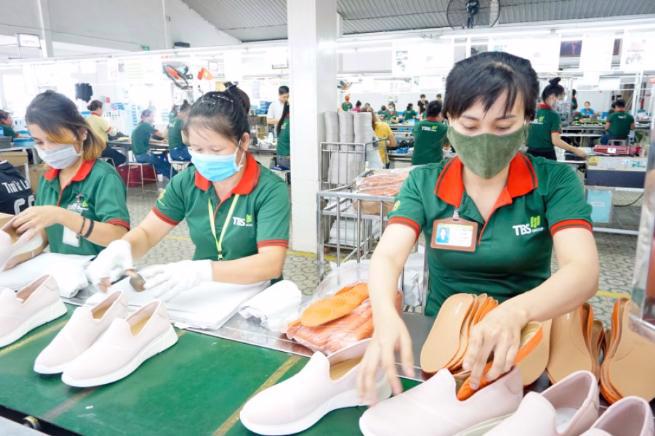The European Chamber of Commerce in Vietnam (EuroCham) unveiled its Q2 2024 Business Confidence Index (BCI) report on July 15, offering a nuanced perspective on the economic landscape for European enterprises in Vietnam.
Despite the country’s robust first-half GDP growth, the BCI experienced a marginal decline from 52.8 in Q1 to 51.3 in Q2 2024, underscoring the necessity for ongoing policy adjustments to maintain momentum.
The BCI survey, conducted by Decision Lab and distributed to EuroCham’s network of 1,400 members, serves as a barometer of sentiment among European businesses operating in Vietnam. This quarterly assessment provides real-time insights into the evolving business environment of one of Southeast Asia’s most dynamic markets.
While fewer companies report the economic situation as “very poor” (decreasing from 8% to 6%), those describing it as “not good” increased slightly (from 24% to 26%). Despite this, a majority (68%) still maintain a neutral to positive outlook regarding their own business conditions, suggesting an overall sense of stability, according to the report.
Though overall sentiment towards Vietnam’s economic outlook in Q3 2024 is cautiously optimistic (45%), individual businesses are more hesitant about their own prospects for the quarter, with 45% remaining neutral and 23% expressing concerns.
This short-term uncertainty is balanced by robust long-term confidence, with nearly 70% of businesses expressing optimism about Vietnam’s economic growth over the next five years. This confidence is further reflected in the fact that a comparable percentage would recommend Vietnam as an investment destination.
Surveyed businesses pointed to five areas that Vietnam should focus on to boost FDI in Vietnam, including streamlining administrative and procedural processes; enhancing clarity and precision in laws to reduce arbitrary interpretation; developing core infrastructure (roads, ports, bridges, etc.); simplifying visa and work permit procedures for foreign experts; and ensuring political stability and security.
The survey also notes that carbon neutrality progress is key to attracting quality European FDI. It reveals a growing commitment to sustainability among European businesses in Vietnam, with 7% having already achieved carbon neutrality. An impressive 37% have set targets to reach this goal by or before 2050, while an even more ambitious 18% aim to achieve carbon neutrality by 2030.
On a positive note, the recent signing of the Direct Power Purchase Agreement (DPPA) decree offers a ray of hope. Swift and successful implementation could address some of these challenges, particularly by improving access to clean energy sources and potentially providing better sustainability incentives, the report says.
“Vietnam’s economic potential is undeniable, and the European business community remains confident in its long-term growth,” says Mr. Dominik Meichle, Chairman of EuroCham Vietnam. “While our survey points to areas for improvement, we believe that by working together to address administrative and regulatory hurdles, we can create a more efficient and attractive business environment that benefits both the European and Vietnamese business communities.”
“These survey results reveal a nuanced picture of the business landscape,” said Mr. Thue Quist Thomasen, CEO of Decision Lab. “While 68% of respondents report neutral to positive current conditions, there is a slight increase in short-term caution, which needs to be addressed to continue the positive trend from the previous quarters. However, the strong 6.42% GDP growth in the first half of 2024 and nearly 70% expressing long-term optimism indicate robust underlying confidence that may materialise in future readings.”









 Google translate
Google translate